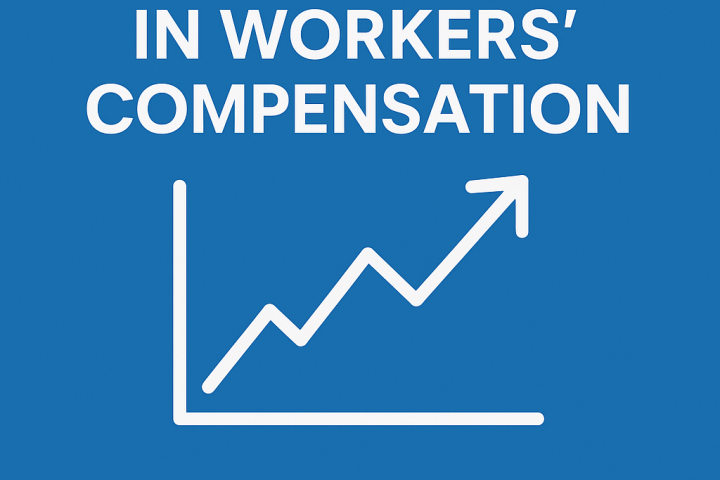The Fair Work Commission (FWC) has implemented its first amendment to the flexible working arrangement provisions of the Fair Work Act 2009 (Cth) (Act), ordering an employee with carer’s responsibilities to attend their place of work in person one day a week.
In this case, it was found that the employer had, at times, failed to provide acceptable grounds for a flexible working arrangement. This has highlighted the changing sphere regarding requests for flexibility for both businesses and employees.
The FWC cautions employers against providing “generic and blanket HR answers” and issued notice that an employer’s responsibility is to provide genuine and considered grounds should they refuse similar requests moving forward.
According to the Act, permanent employees can request flexible working arrangements if they’ve worked with the same employer for at least twelve months and they:
- Are responsible for the care of a child who is school aged or younger
- Are a carer (under the Carer Recognition Act 2010)
- Are a person living with a disability
- Are aged 55+
- Is pregnant
- Is experiencing family and domestic violence or provides care/support to an immediate family member who is experiencing such violence.
Casual employees are also eligible to make flexibility requests providing they have worked with the same employer for at least twelve months and there is a reasonable expectation of this continuing.
Requests for flexible working arrangements now must:
- Be submitted in writing, explaining the requested changes and the reasons for them.
- Be responded to by the employer by writing within 21 days, outlining whether the request is seen as reasonable or not.
The Case: Ridings V FedEx Express Australia Pty Ltd T/A FedEx
A full-time, on-site FedEx employee, Mr. Peter Ridings had a family that included two children with autism and intellectual disabilities and a wife who also presented with autism. Mr. Ridings therefore qualified as a carer and was within his rights when requesting flexible working arrangements.
The case notes that Mr. Ridings had an existing agreement, dating to October 2021 during COVID, that he could work from home four days a week. He had provided supporting medical documentation which stipulated the reasons for the request, which was approved.
Following a directive from FedEx in September 2022, Mr. Ridings returned to the office two days out of four. In July 2023, FedEx issued another directive, stating that workers should be on-site for a minimum of three days. At this time, Mr. Ridings submitted a request, asking that he be able to work from home three days out of the four that he was engaged for, providing medical evidence as support.
In response, FedEx again directed employees that three days on-site was necessary, citing business and operational requirements, but offered Mr. Ridings an opportunity to work from home for two days, an arrangement that had previously been effective.
Mr. Ridings accepted this, however proceeded to call in sick every Wednesday, a day he was rostered in the office.
January 2024 saw Mr. Ridings submit another request for four days working from home for an indefinite period. This request was ultimately rejected, with FedEx remaining firm on two days on-site.
At this point Mr. Ridings lodged a request for the FWC to moderate the dispute.
Outcomes
After considering all circumstances and data, the FWC found that FedEx failed to provide reasonable business grounds for the refusal, however reinforced that Mr. Ridings had no basis to refuse attending the office permanently.
The FWC directed that, due to personal circumstances, Mr. Ridings be granted approval to work remotely three days and on-site for one, with provision that if he failed to attend, or genuine operational requirements necessitated him at the office, FedEx could lawfully request he work on-site on days he was scheduled to work remotely.
What employers should learn from the case
Several pertinent observations were made by the FWC whilst considering its ruling, including:
- No automatic entitlement exists for employees to implement a flexible work arrangement without employer approval.
- A request may only be refused if the employer has genuinely worked toward reaching a mutual agreement. The employee making the request must submit accurate and current information regarding as to why the request is necessary.
- Employers must provide “reasonable business grounds” for refusing a flexible working request.
This case highlights the necessity for employer and employee to communicate effectively with each other in respect to flexible working.
Although it now has powers to arbitrate, the FWC adopts the stance that employers and employees should genuinely attempt to reach a mutual decision and continue to cultivate an amicable working rapport without external intervention, if possible.
If you or your company have questions about flexible working arrangements, please contact AHR on 1800 577 515 or book in a free consult with one of our professional and friendly team via our website.










